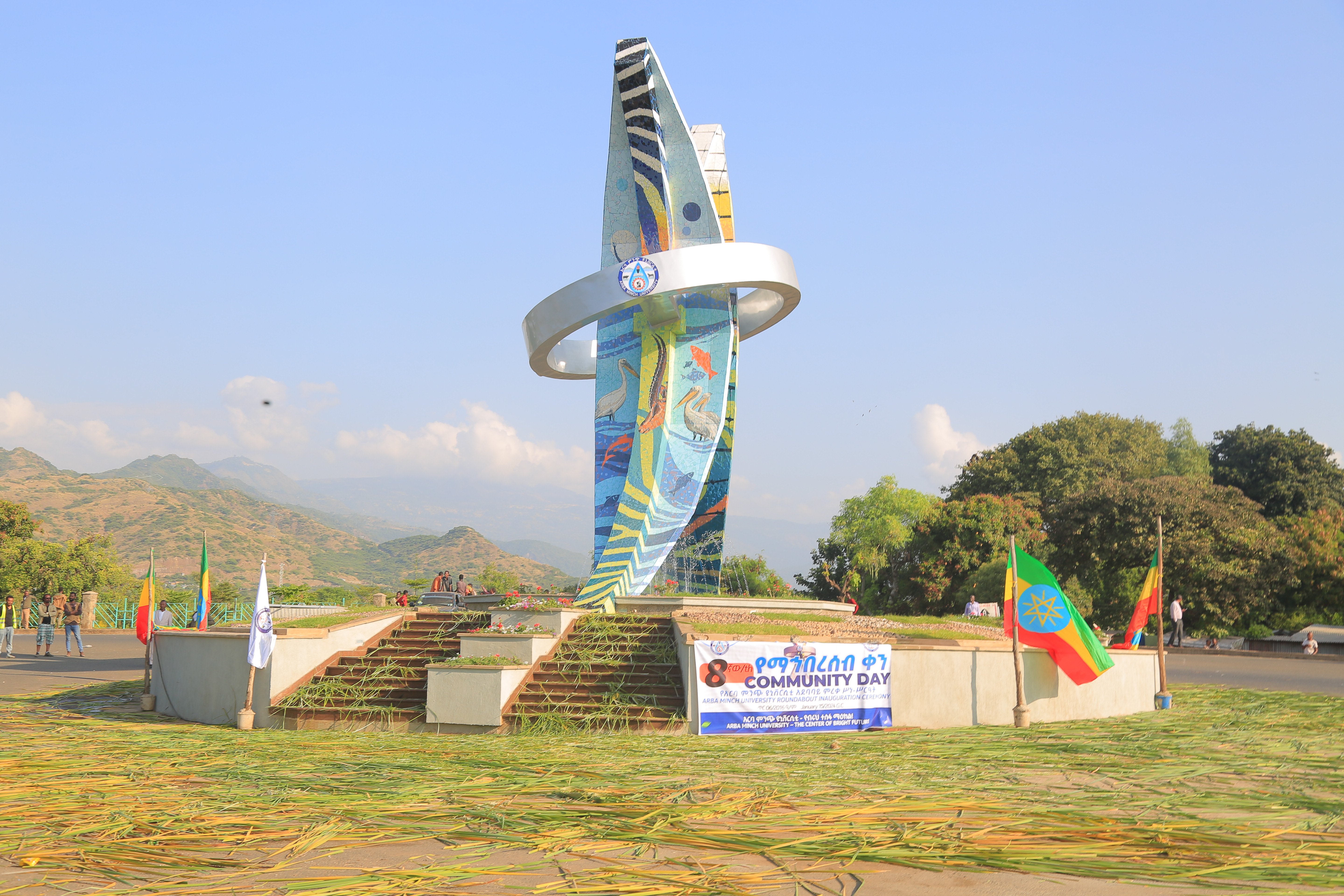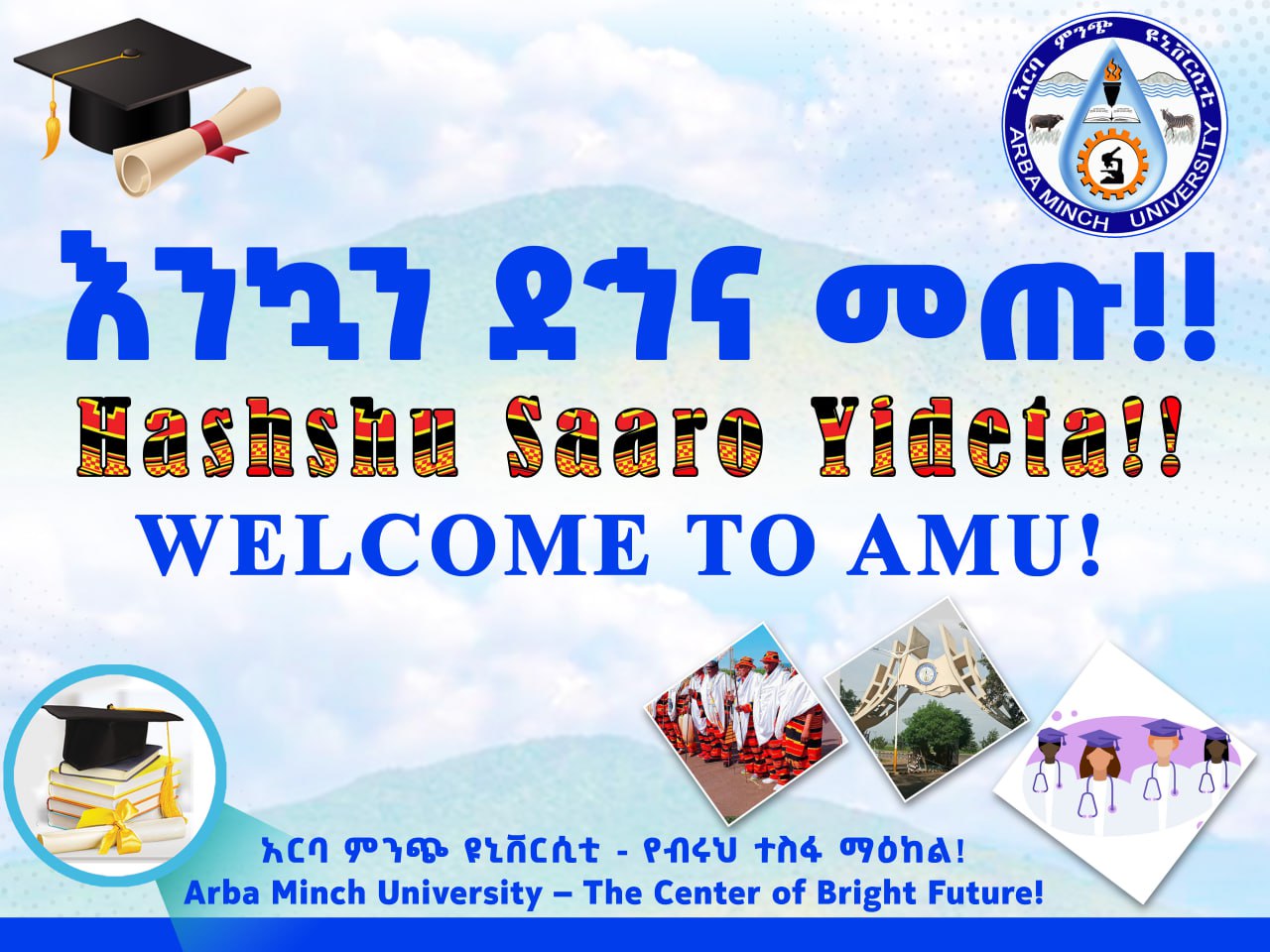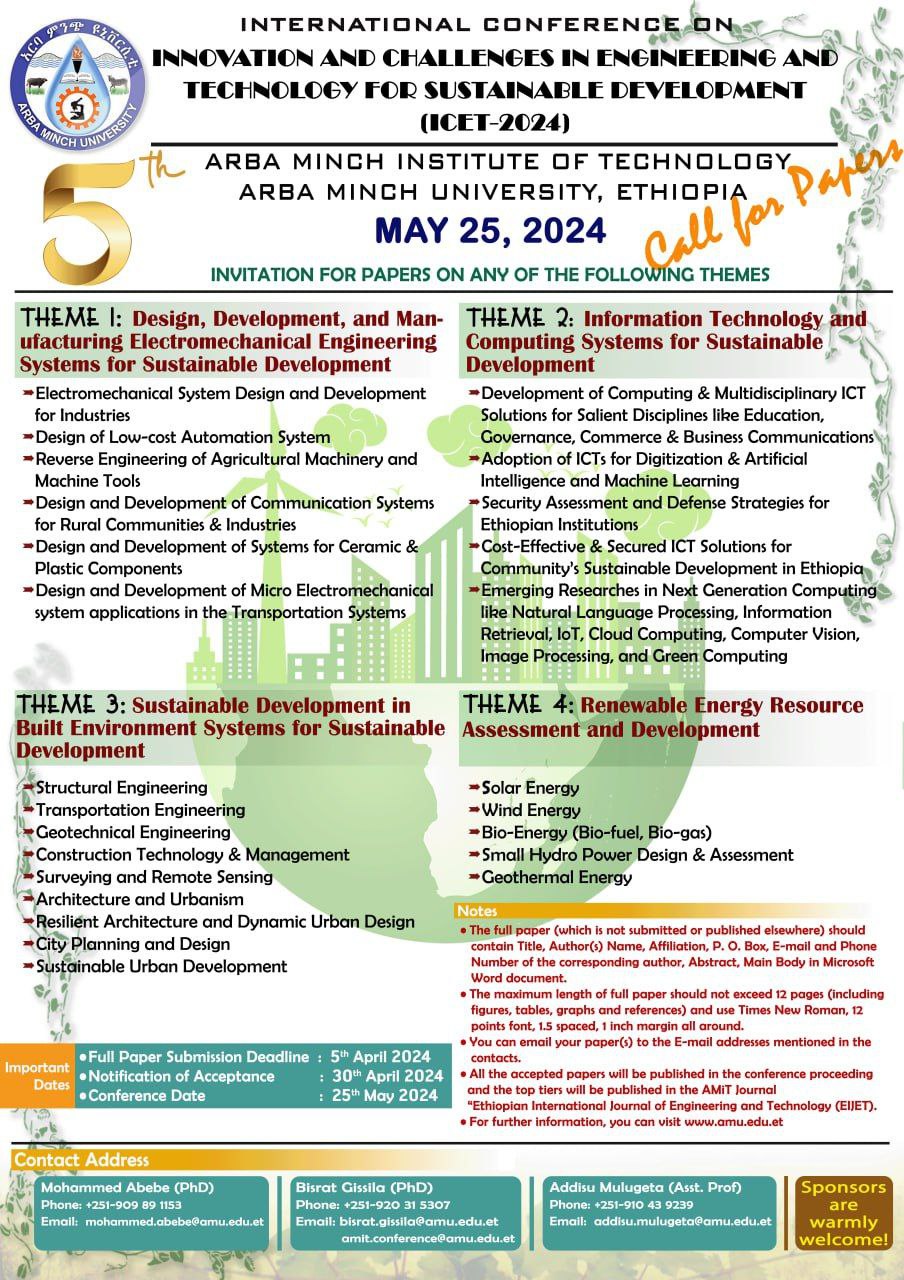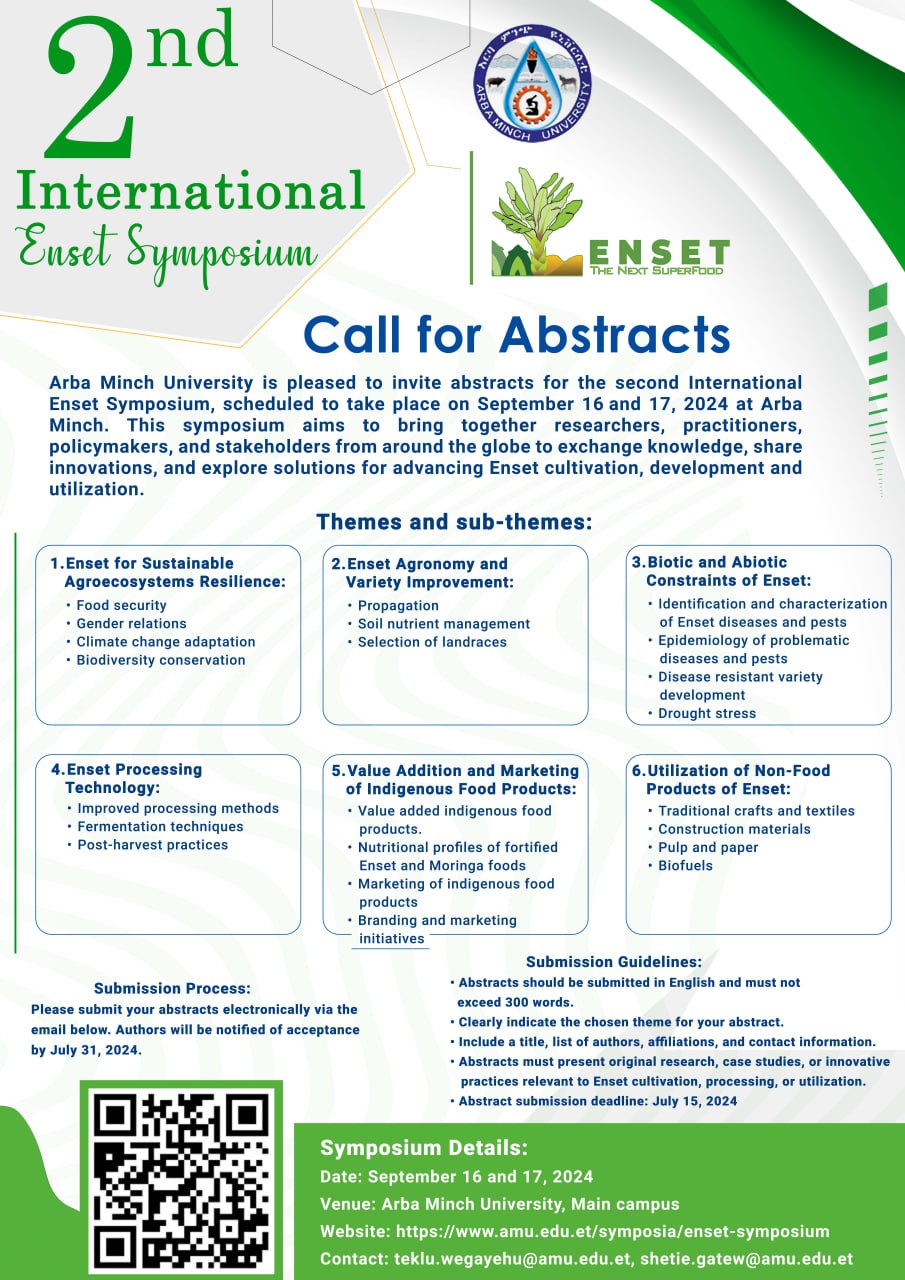A seasoned researcher, Prof Yemane Berhane, with hundreds of quality research papers to his credit has been shepherding scores of PhD scholars in the field of public health. Presently he is director of Addis Continental Institute for Public Health in Addis Ababa. While chairing AMU’s 6th national symposium on Science for Sustainable Development, he was queried on academic research and broader health issues in Ethiopian context; following is the full text of his exclusive interview.
On his profession, he said, since last 30 years, I had been in the field of public health and continued to work in varieties of public health research areas; especially my focus revolves around maternal-child health, HIV/AIDS, malaria and non-communicable diseases that’s what made them part of my portfolio.  Getting into specifics, he said, on mother-child mortality, we have really come of age; when I started my career, the maternal-child mortality was highest in the world. By then, it was 2000 per 100,000 and in the community it ranged from 800 to 1000 per 1000, but as of now, it came down to 400; child mortality then 158 per 1000 is now under 50. So for me, these were major public health issues in low income nation.
Getting into specifics, he said, on mother-child mortality, we have really come of age; when I started my career, the maternal-child mortality was highest in the world. By then, it was 2000 per 100,000 and in the community it ranged from 800 to 1000 per 1000, but as of now, it came down to 400; child mortality then 158 per 1000 is now under 50. So for me, these were major public health issues in low income nation.
Defending healthcare system, he said adding that, then access to healthcare was very limited in Ethiopia 25 years ago; it was just 50%, many health facilities were understaffed, underequipped and supplies were inadequate even if you reach health facilities, then the chances of receiving adequate care was very low.
Buttressing his point further, he adds of late, we have better access; it has improved a lot in terms of referral centres especially with regard to maternal health, availability of ambulances and infrastructures have substantially improved that further has increased the survival chance of mothers. At present, if we go to any woredas, we will find at least three to five health centres, but we have to improve skill sets so that women and children arriving at the centres should get the better healthcare they deserve.
He opinioned that Ethiopian doctors and healthcare professionals are competent and medical programs are world-class hence there is no need to revise or revisit educational system. Though our doctors are competent and working in USA and Europe, there is still need of systematic study to know what we lack.
Shedding light on HIV/AIDS, he said, compared to 30 years, the prevalence has gone down, in the beginning of 2000 it was 6%, now it’s under 1%, so big progress and introduction of drugs for AIDS has further improved the quality of life for those living with HIV, but there should not be any complacency, we got to be vigilant, those groups at risk of HIV, displaced, mobile population, commercial sex workers need to be constantly monitored and appropriate action has to be taken periodically, he emphasized.
Prof Yemane, said, malaria has been controlled and achievements are massive in Ethiopia, in the last 10 years; morbidity has dramatically declined; nowadays death from malaria is rare soon we would go into elimination phase for which some districts have been selected; we need to improve the living standard of people which is very difficult unless we have multi-sectorial approach.
Academic research in Ethiopia, he said, has come a long way as domestic funding increased many-fold and universities are granted millions to pursue it. While being in Addis Ababa University, my office would get just ETB 200,000 which today, may be sufficient for an individual researcher alone. At this juncture, what’s important is integrity to research, to improve quality we need to do a lot; it will give good return. To produce good quality of research, we have to modify practices, programs and even policies to ameliorate the situation.
On other hands, plagiarism is a great evil and we aren’t yet dealing with it properly; some universities are more advanced than others in terms of scrutiny and promotion. Basically, we need strong guidelines and mechanism to check this menace; researcher must be responsible and accountable for what he does.
Giving his piece of mind, he said, presently researchers have better opportunities to grow and prosper and have bright future ahead. Only they need to work hard; it’s not only intelligence but you need to spend lot of time and energy; if they do these things, sky is the limit, he summed up.
(Corporate Communication Directorate)
Hard work, integrity must for quality research: Prof Yemane
- Details
